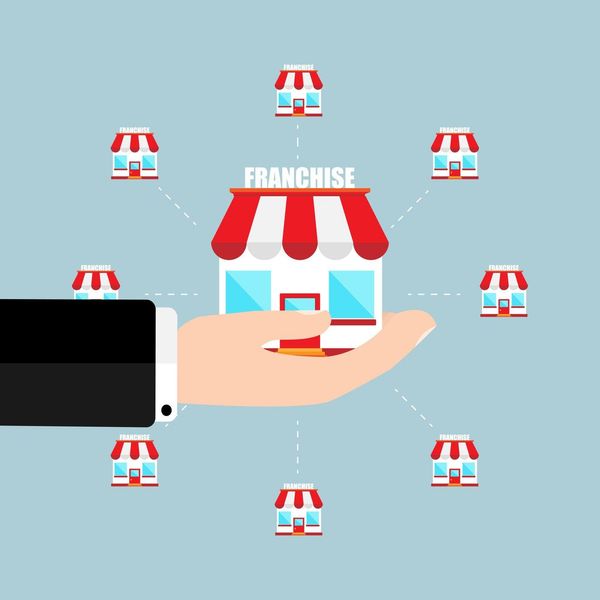
Do You Have What It Takes to Be a Master Franchisee?
Are you debating whether to buying a franchise versus becoming a master franchisee? First, let's understand what a master franchise is.
What is a master franchise?
A master franchise allows individuals or corporations to buy the rights to sub-franchise within a specific U.S. territory or another country. Franchise companies use the master franchise method to expand more rapidly in a specific territory, often a major market or in one or more states.
The master franchisee recruits individual franchisees and keeps part of the franchise fees and royalties that these franchisees pay to buy into the system. For this reason, even though the initial franchise fees are higher for a master franchise than for a traditional franchise, a master franchise license can lead to greater growth.
A master franchise essentially runs two separate businesses—one operating a single franchise and the other expanding the franchise company. Each requires different skills and, generally, the companies are set up separately. In both cases, having sales and management experience is a definite plus for a prospective master franchisee.
More articles from AllBusiness.com:
- 5 Essential Qualities of a Successful Leader
- How to Master a New Product Launch
- How to Negotiate Like a Pro: Best Tips for Small Business Owners
- 40 Reasons to Buy a Franchise
Should you buy a master franchise?
The types of master franchise opportunities available are as varied as the people who run them. From discount golf retailers to skin-care centers, master franchises are everywhere. But before you close a deal to purchase a master franchise, it's important to have a clear understanding of exactly what's involved. Here are some steps to take before deciding to buy a master franchise:
1. Know your responsibilities
A master franchisee is generally responsible for recruiting individual franchisees. As a master franchise owner, you're also responsible for providing support and training to those franchisees on an as-needed basis.
2. Do your research
As a potential master franchisee, it's important for you to understand two entities: the franchise company and the master organization. Make sure the franchise system is based on a solid business model, or your master franchise is unlikely to succeed. You will also need to research the demographics of the market and territory you'll be responsible for. Make sure that the territory has a population that can support your projected franchise sales.
3. Take a road trip
Visit as many locations as possible of the franchise system you're considering. If you detect any problems, cross this franchise off your list. Don't be tempted to rationalize red flags. If you sense trouble, regroup and move on to another franchise system.
4. Interview successful master franchisees
If possible, try to talk to other master franchisees of the company. Find out what kinds of challenges they face, what kind of support is available, and if they had it to do again, what they would do differently. If speaking with other master franchise company owners isn't possible, search the internet, go to the library, and do whatever you can to immerse yourself in the language of a master franchise. The more you know, the better off you'll be.
5. Look for the right match
Just because the business model is solid doesn't necessarily mean this is the right master franchise opportunity for you. Make sure the master franchise opportunity suits your investment limitations and your goals. Be prepared to walk away if the opportunity doesn't feel right.
Master franchise vs. traditional franchise
Becoming a master franchisee isn't necessarily a better or smarter business move than buying a traditional franchise. What's important is that you choose either approach for the right reasons and give it careful consideration before you sign on the dotted line.



